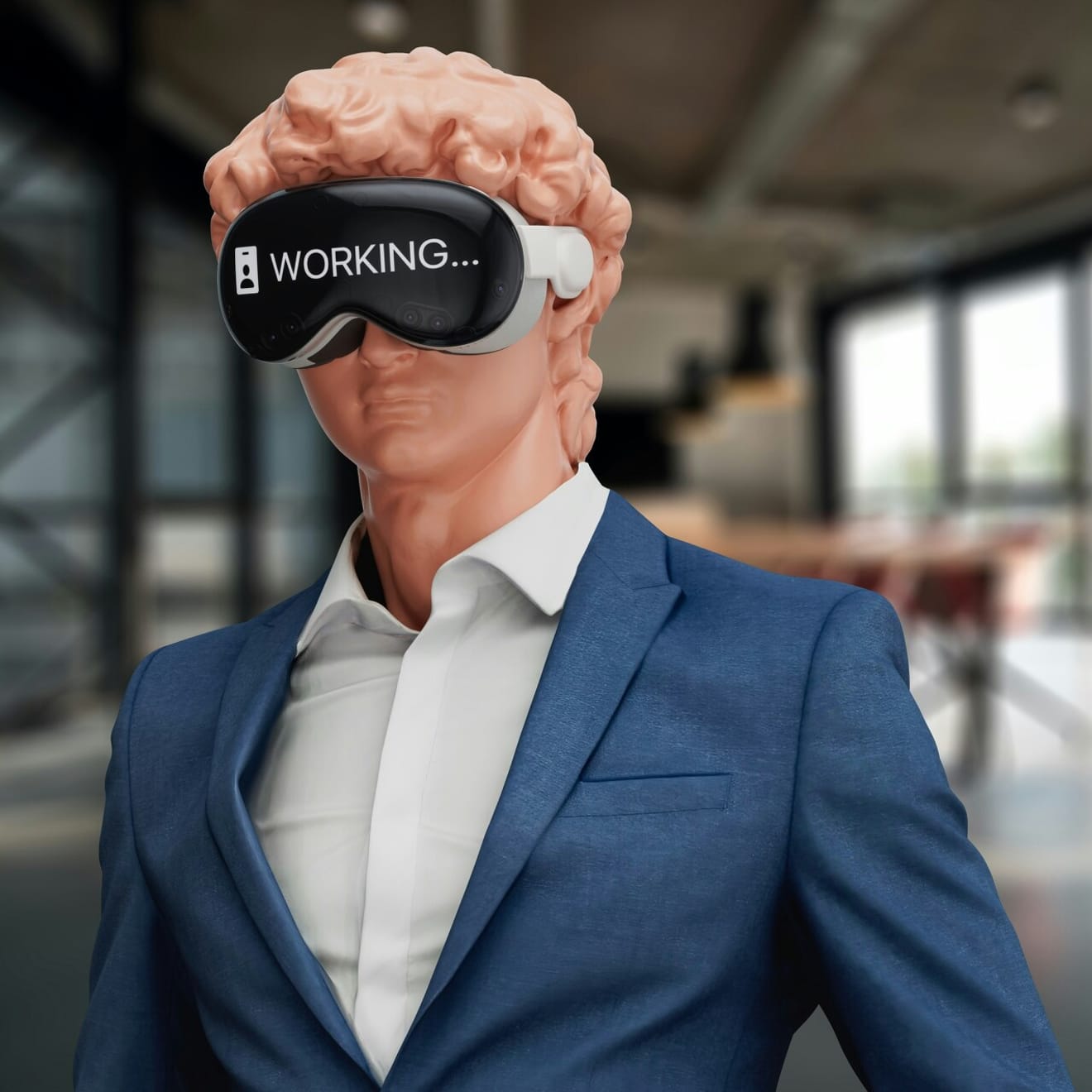Last week, UMG (Universal Music Group) removed its entire music catalog from TikTok following the termination and failure to renegotiate its licensing agreement with the platform. The removal of music from many artists, including Taylor Swift and Drake, resulted in the muting of audio related to those songs in videos viewed by users, and creators were no longer able to add these songs to new videos. UMG stated that this decision was based on the platform's abundance of AI-generated recordings and its encouragement of AI music creation, which is tantamount to supporting the replacement of artists with AI. UMG also pointed out that TikTok made little effort to address the vast amount of copyrighted content, hate speech, prejudice, and harassment.
From the public's perspective, AI can be considered both a new technology and a new type of technology. This is because it is the first technology capable of learning and possesses the potential to develop independently beyond the capabilities of its creators. However, the rapid realization of AI's potential also signifies the urgent need for predictions about the future of humanity. Notably, the major issues currently traversing the entire AI ecosystem, including the recent breakdown of negotiations between UMG and TikTok, last year's failed coup within OpenAI, and Elon Musk's TruthGPT project, are largely characterized by terms such as conflict, war, and human survival.
In other words, we can confirm that the dominant framework implicitly applied when we imagine the future of technology is Charles Darwin's theory of evolution, which is 165 years old.
Darwin's evolutionary perspective is dramatically revealed in the statement of The Center for AI Safety, a non-profit organization based in San Francisco. They emphasize that mitigating the risk of extinction caused by AI should be a global priority on par with societal risks like pandemics or nuclear war. They envision a future where, through natural selection, the most influential AI of the future may develop a selfish tendency, prioritizing its own agenda over human safety. Of course, adopting natural selection as a fundamental perspective is meaningful when considering the status of AI, a technology that learns, grows, and emerges as a highly adaptable entity. This is because it addresses the limitations inherent in the previous model of technology adoption, which was essentially a passive tool that only survived when used by humans.
However, we must also pay attention to the fact that this perspective may lead to excessive expectations regarding the attribution of independent subjectivity to AI. In current generative AI platforms, we can see that the emergence of AI with intelligence closer to humans is still far off, and the perspective of natural selection also has the unintended consequence of making humans perceive themselves as more distant from the evolutionary process than they actually are. What is clear is that humans are intentionally creating AI, and our social systems are being reshaped and reformed by it.
Bruno Latour's Actor-Network Theory (ANT) helps us understand this a little more clearly. By moving beyond the traditional view that only humans are actors with subjectivity, and considering non-human entities, specifically AI, as subjective entities that form networks and exert influence, we can see the interdependent relationship between these two key actors. In other words, the implication of the ANT perspective is that when we develop systems that resonate with AI, we must keep checks and balances in mind. It allows us to avoid the danger of defining humanity as a passive recipient of technological development, as seen in Mark Andreessen's techno-optimist manifesto, which advocates for the free evolutionary development of AI.

From movies like Ready Player One and Tron to today's ideas about the metaverse, we rave about how diverse and realistic all of our experiences can be implemented in immersive environments located in digital space. However, even in these imaginings of the future of technology, the human body remains so familiar and uninteresting that we often stop at the image of a person sitting in a room in the real world, which is not interesting, and only looking at the screen of a device worn on their head. Perhaps the human body, which receives relatively less attention due to the enthusiasm for technological advancement, and the environment and circumstances in which it is situated, could be another area of opportunity that firmly supports the realistic success of technology companies. The interdependence between humans and technology is very clear. A shift from a downward, natural selection-driven evolutionary perspective to a bottom-up, interdependent perspective where humans become the core engine of change seems necessary.
References
Comments0